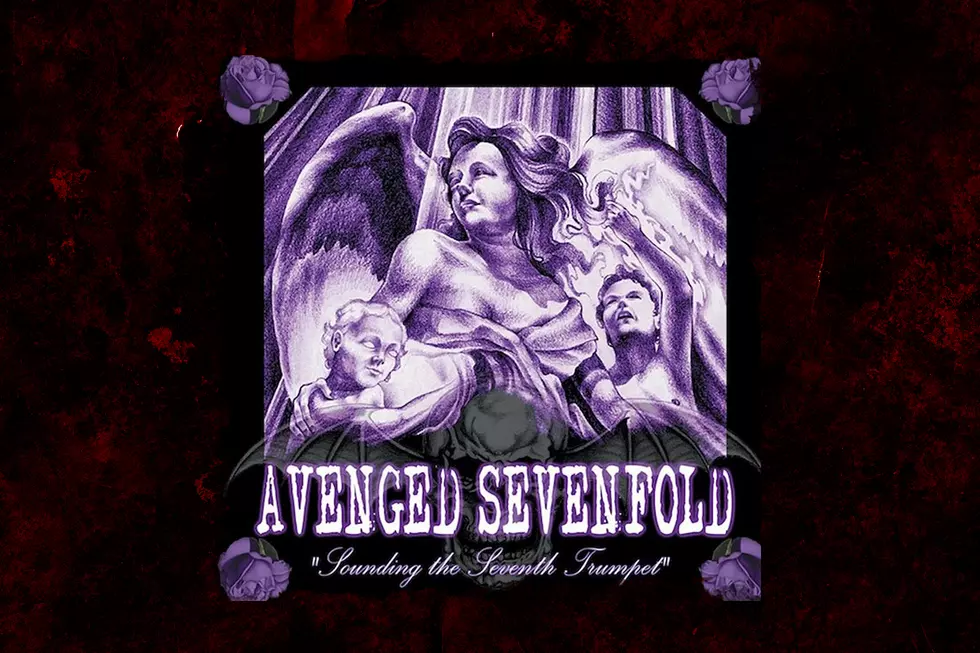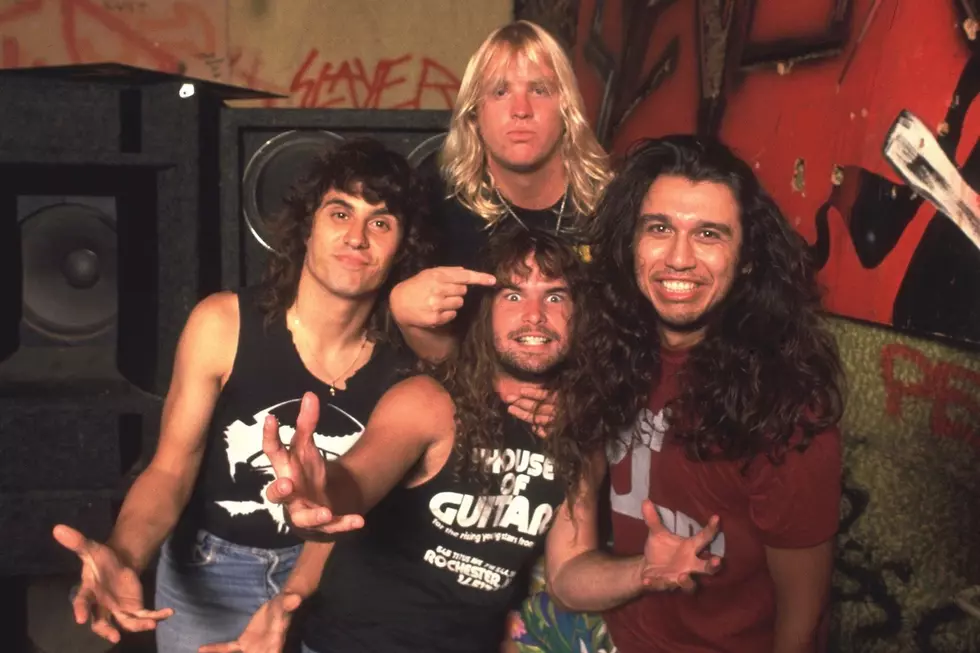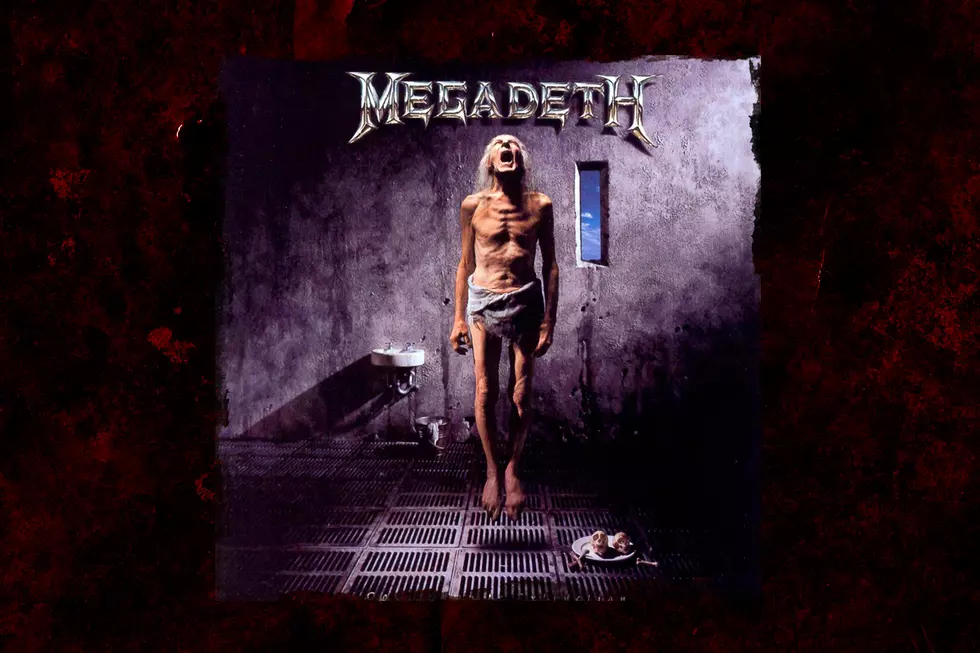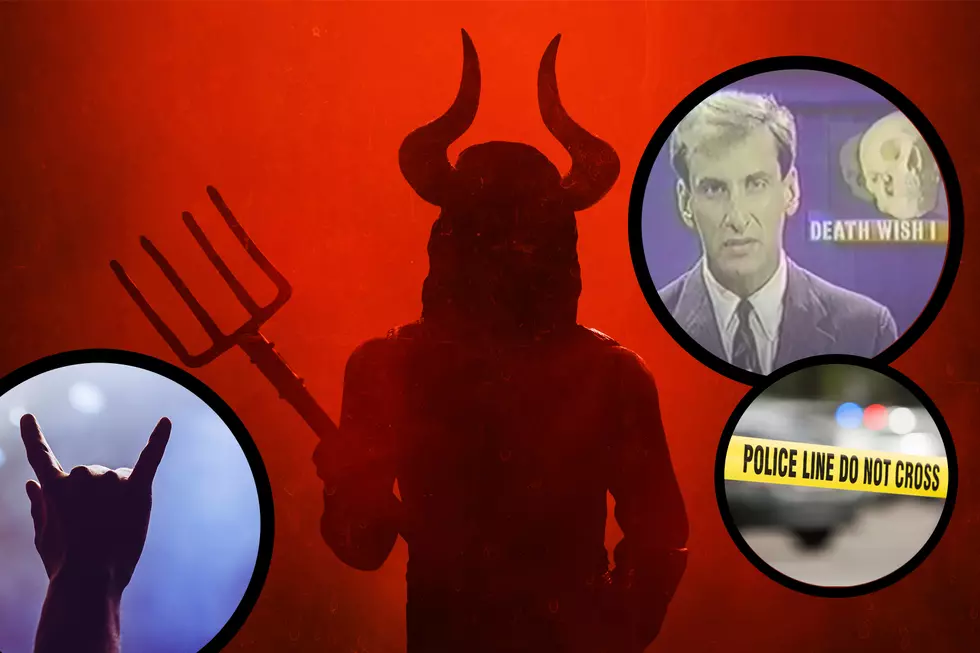
22 Years Ago – Avenged Sevenfold Introduce Themselves With ‘Sounding the Seventh Trumpet’
As the 21st century arrived, the music world was ready for another revolution and things began to change with a wealth of metalcore outfits beginning to assert themselves. Among those acts was a group of SoCal rockers going by the name of Avenged Sevenfold, but the band you know today had a few bumps early on.
The group started as a four-piece in 1999 with M. Shadows, Zacky Vengeance, The Rev and Matt Wendt, but Wendt would exit the band before the recording of Sounding the Seventh Trumpet, with Suburban Legends' Justin "Sane" Meacham taking over on bass.
In November of 2000, the band entered Westbeach Records Studios with a rather small budget of $2,000, but even though still in their teens, the band approached the sessions with a clear focus of what needed to happen. For instance, the Rev got behind the kit and recorded all of his drum parts in one take, with the band members quickly laying down their parts on top of what he had started. And with the whirlwind session behind them, the band turned their focus to the album's release on July 24, 2001, via Good Life.
Still a relatively unknown band, they struggled a bit out of the gate, with the disc selling 300 copies in its first week. But the seeds of something great were there and after adding Synyster Gates to the lineup, the group began to evolve. They recorded a new metal version of "To End the Rapture" with Gates on lead guitar. The track was singled out for their Warmness on the Soul EP. Sensing they were on to something good, the band then recorded all of the other songs with Gates on lead as they prepped a re-release through Hopeless Records in March of 2002.
Avenged Sevenfold, "To End the Rapture"
Stylistically, the band wore their influences on their sleeve. As Vengeance revealed in an interview with Revolver, "On our first album, Sounding the Seventh Trumpet, we were listening to more obscure heavy metal bands and hardcore bands." It showed as the band delivered arguably one of their heaviest albums to date, filling it with chugging guitars, nifty riffing and more rough vocals than what fans are hearing nowadays.
"Darkness Surrounding" sent the band off to the races, with The Rev's rapid fire drumming, a fierce heaviness and Shadows' belting rough vocals with full brutality. "We Come Out at Night" followed suit, with Shadows' going full guttural for a majority of his vocals and the band providing a frantic backing, though there is a melodic breakdown.
Avenged Sevenfold, "Darkness Surrounding"
Meanwhile, other tracks showed more of a range. "The Art of Subconscious Illusion" found the band dabbling in hardcore punk with this mosh pit natural. "To End the Rapture," which clocks in at under two minutes, showed some old school metal influence with some impressive guitar riffing. And "Warmness on the Soul," one of the first songs to garner attention for the group, completely threw listeners a curve ball as a piano-based ballad.
Avenged Sevenfold, "Warmness on the Soul"
Though not the most cohesive of Avenged Sevenfold albums, Sounding the Seventh Trumpet shows the early brilliance of a group finding its footing. There's a mix of the underground metal and hardcore that was influencing them at the time and a few tracks that showed more mainstream rock and metal muses that would influence their latter works.
And much like the music was finding its footing, so was the band. The addition of Gates between the original album release and its reissue changed the outlook a bit. The band also faced a change at the bass position. While Justin Sane had appeared on the album, the bassist was felled by a suicide attempt in 2001 after trying to overdose on cough syrup. He was hospitalized and eventually the group called upon Dameon Ash to help them tour. Shadows stated in a 2003 interview with VH1, "He perma-fried his brain and was in a mental institution for a long time, and when you have someone in your band who does that, it ruins everything that's going on all around you, and it makes you want to do something to prevent it from happening to other people." As such, the band took part in the 2003 Take Action Tour, a trek dedicated to the message of suicide prevention.
While Ash helped their touring support of Sounding the Seventh Trumpet for a period, the band eventually sought a permanent replacement and had to look no further than another hometown pal, Johnny Christ, who has held the spot ever since. "I don't think anyone out there could pick up a bass line as quick as Johnny," stated the Rev at the time. And while the lineup wasn't always the most stable during the touring of the album, the live shows didn't lack. They built their audience and set themselves up perfectly for a true breakthrough on their follow-up album Waking the Fallen.
Avenged Sevenfold may have had a rather shaky start, but by the time all was said and done, fans eventually discovered the Sounding the Seventh Trumpet disc and it has since sold more than 300,000 copies in the United States.
100 Best Rock and Metal Albums of the 21st Century
More From Noisecreep










